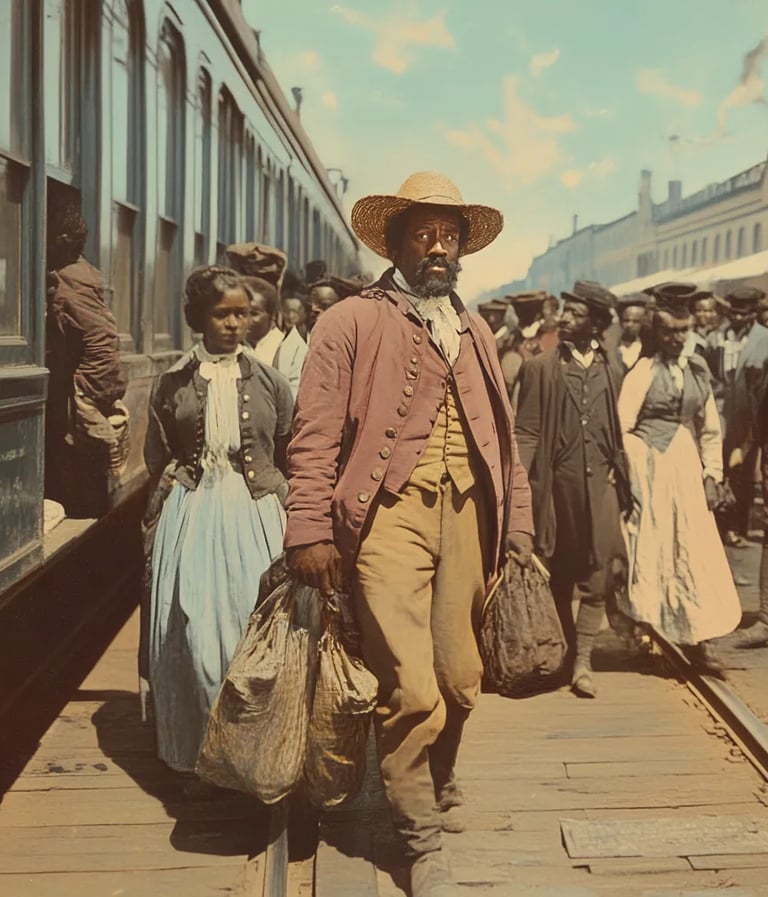Marcus Vipsanius Agrippa, Octavian’s admiral, decisively defeated Sextus Pompey’s fleet near Naulochus. The victory crushed Pompey's resistance to the Second Triumvirate and allowed Octavian to consolidate his power. This battle paved the way for Octavian's eventual transformation into Augustus, marking the end of the Roman Republic and the rise of the Roman Empire.
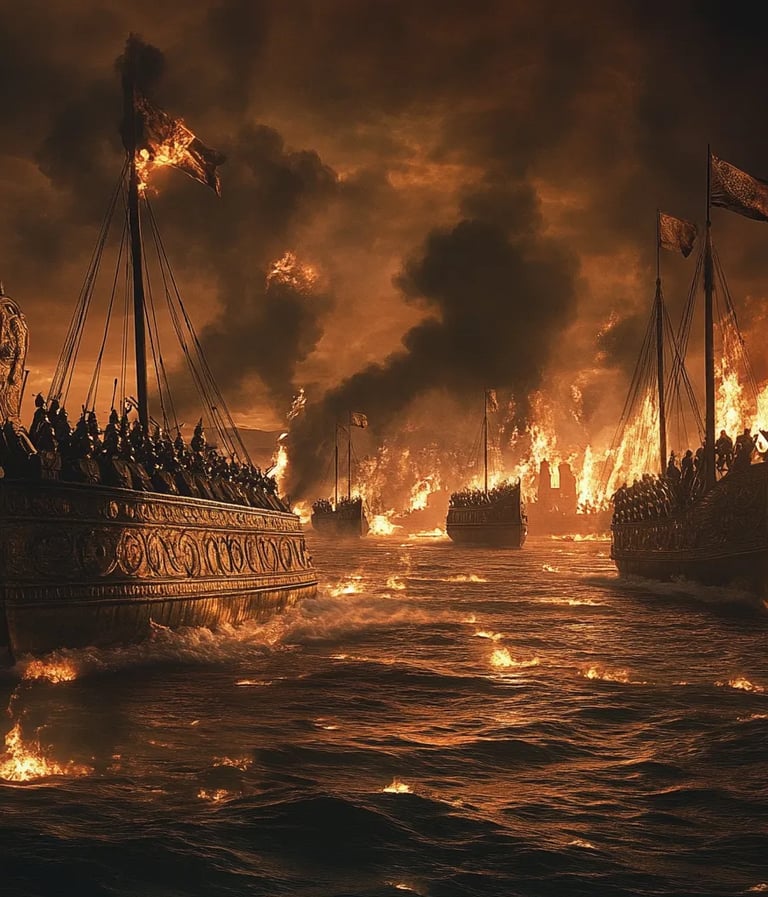

36 BCE – Battle of Naulochus


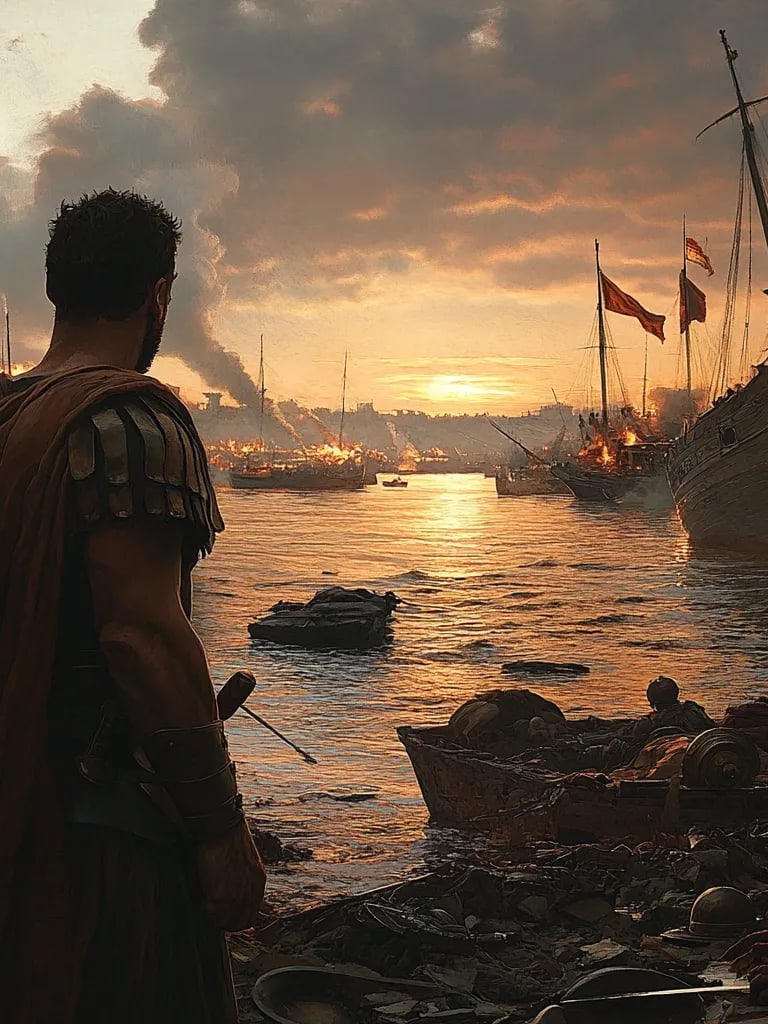

San Marino was founded by Saint Marinus, a Christian stonemason fleeing persecution, in the Apennine Mountains. It is one of the world’s oldest and smallest republics, maintaining its independence and governance for over 1,700 years. San Marino has remained autonomous throughout history, surviving various European conflicts and retaining its democratic principles.


301 CE – Founding of San Marino




The Mamluks achieved a decisive victory over the Mongols at the Battle of Ain Jalut in Palestine. This was the first major defeat of the Mongols and halted their expansion into the Islamic world. The battle solidified Mamluk control over Egypt and Syria, preserving their empire and marking a turning point in Mongol dominance.
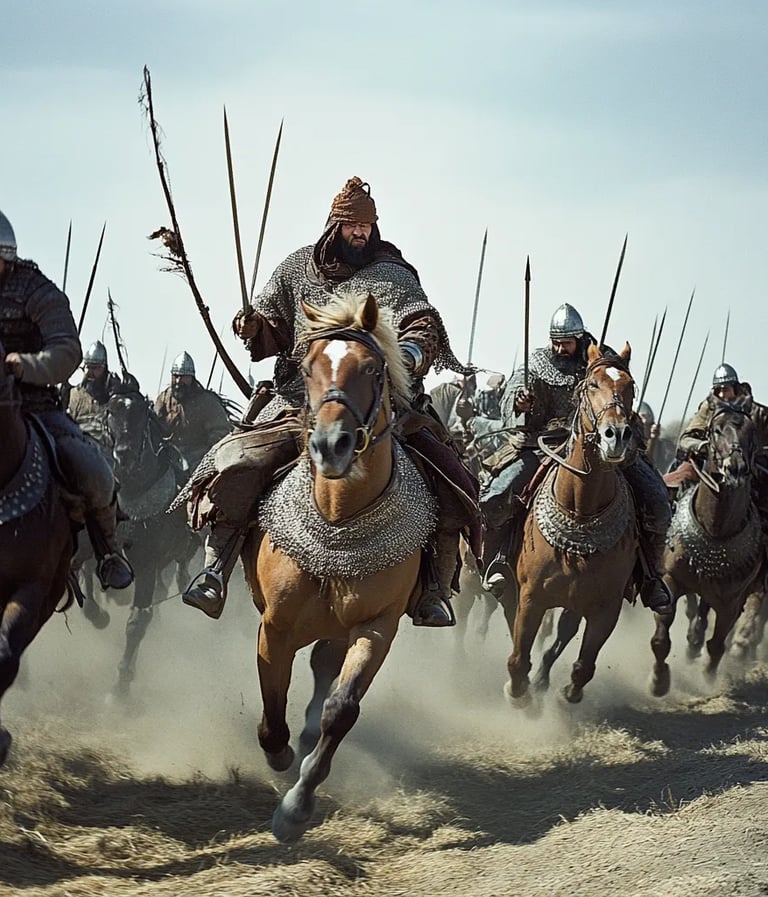

1260 – Battle of Ain Jalut
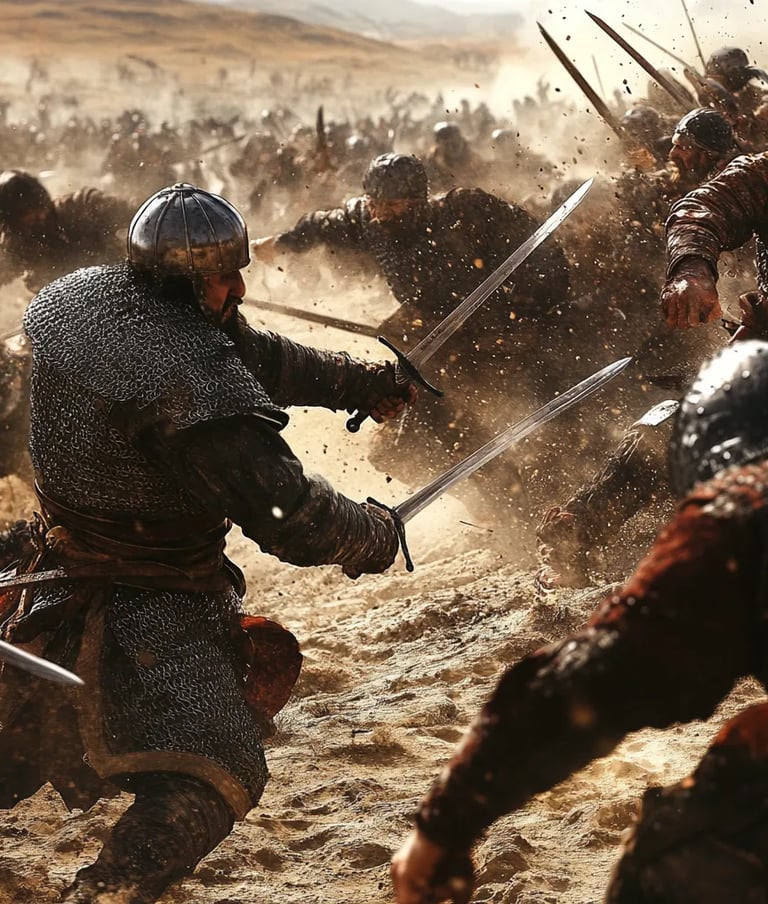

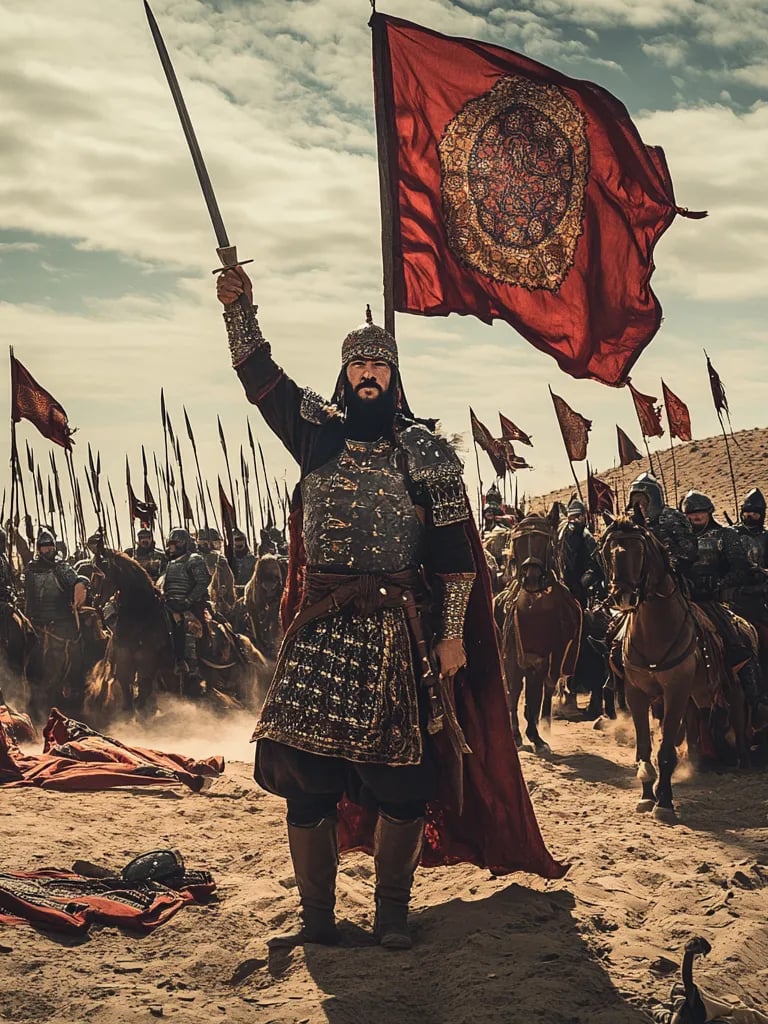

Oliver Cromwell, Lord Protector of England, died on this day, leaving the future of the English Commonwealth in question. His death led to the brief rule of his son, Richard Cromwell, before the monarchy was restored under Charles II in 1660. Cromwell's leadership had followed the English Civil War and the execution of King Charles I.


1658 – Death of Oliver Cromwell
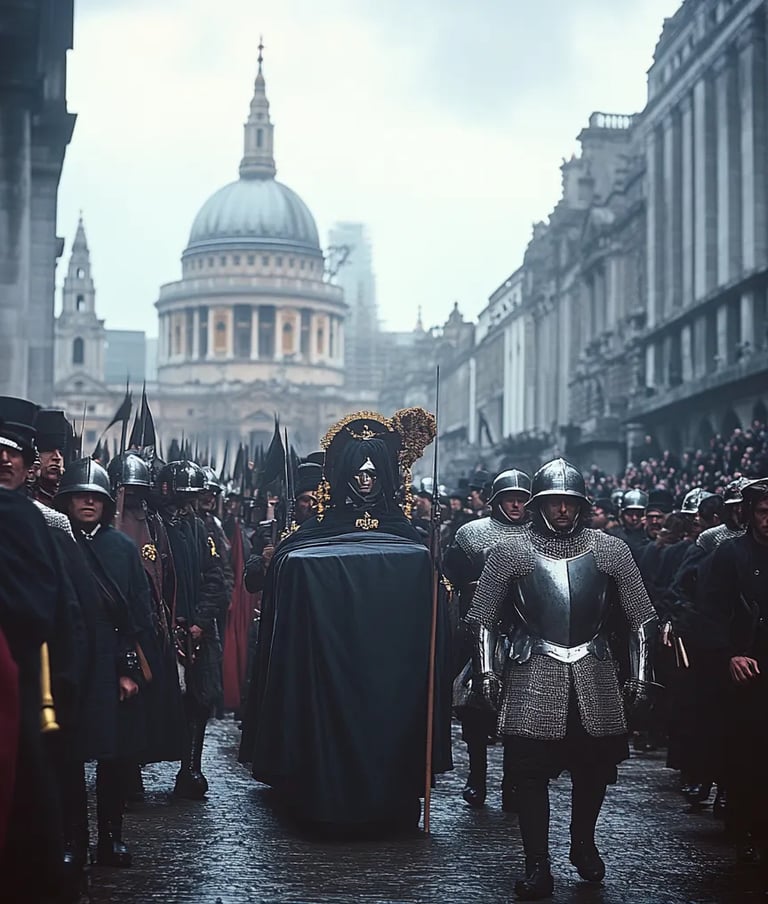



Frederick Douglass escaped slavery by disguising himself as a sailor and boarding a train from Baltimore. His successful escape eventually led him to become one of the most influential abolitionists in American history. Douglass became a powerful orator, author, and advocate for the emancipation of enslaved people and the advancement of civil rights.
